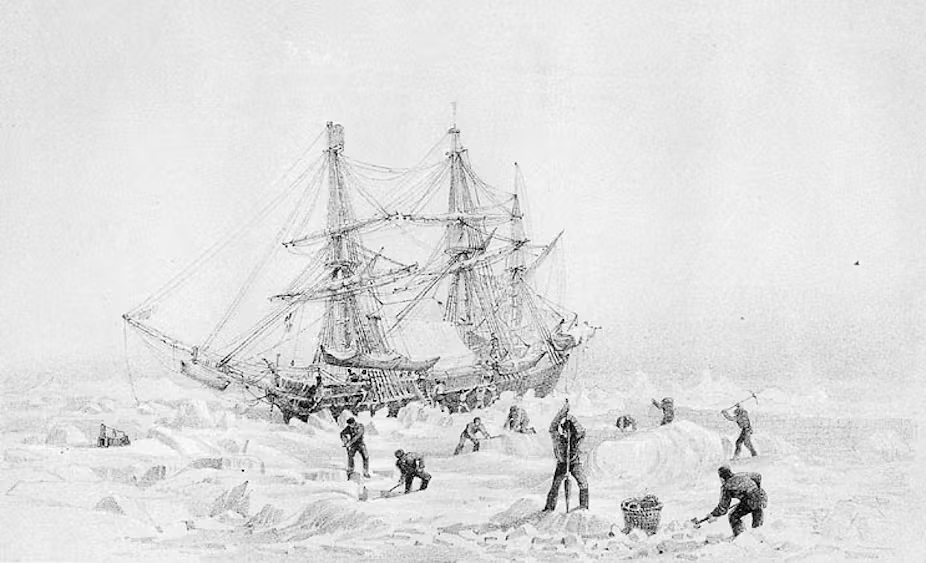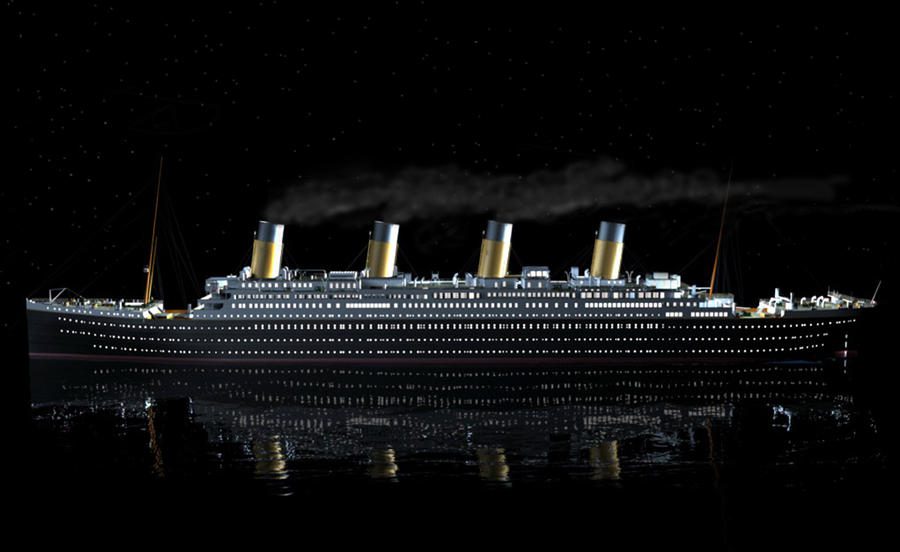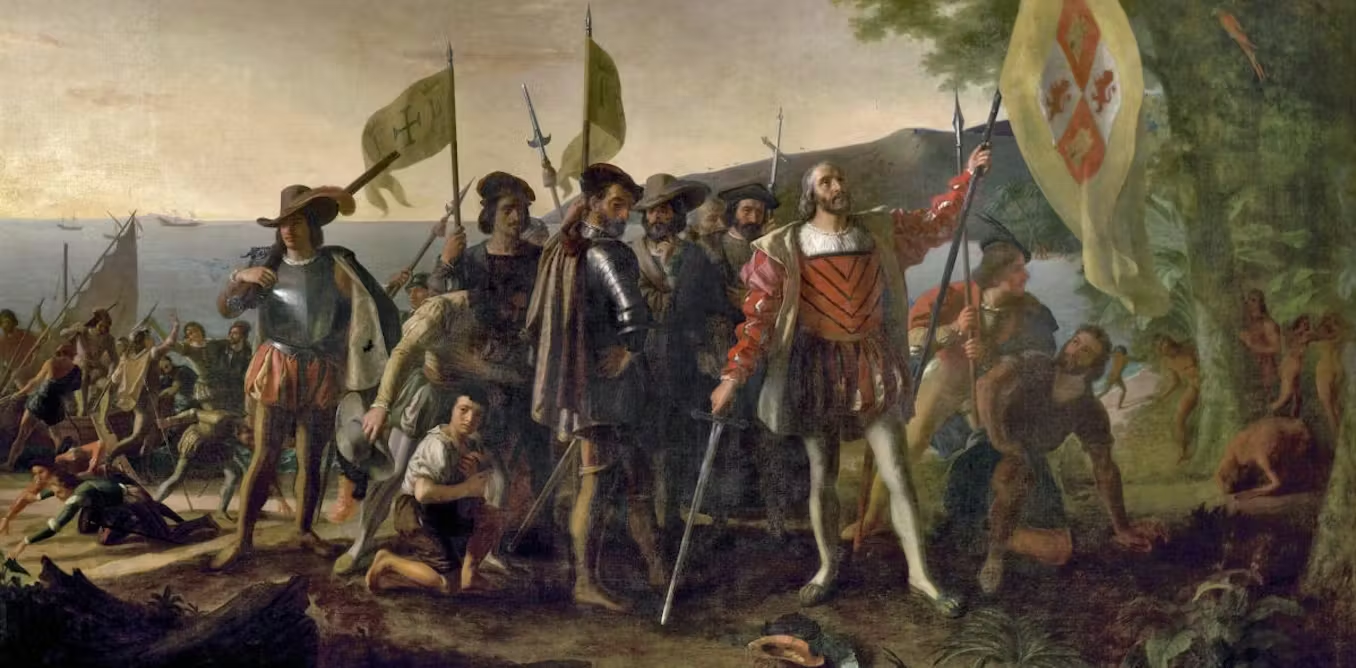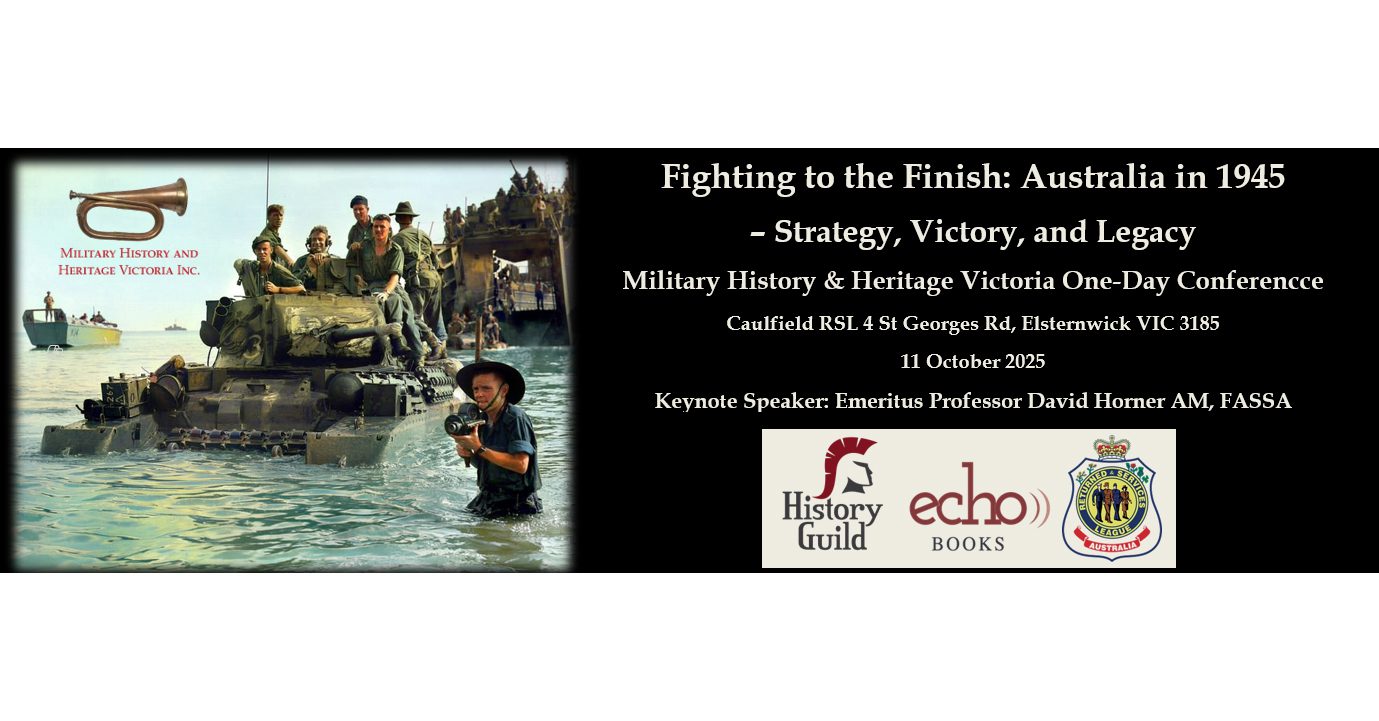
Full Program Announced! Fighting to the Finish: Australia in 1945 – Strategy, Victory and Legacy Conference, Melbourne. Book Now.
Military History & Heritage Victoria is excited to announce that tickets are now on sale for our next conference – Fighting to the Finish: Australia in 1945 – Strategy, Victory and Legacy – which will be held on 11th October 2025 in Melbourne. History Guild is proud to support this conference. Join an esteemed group […]
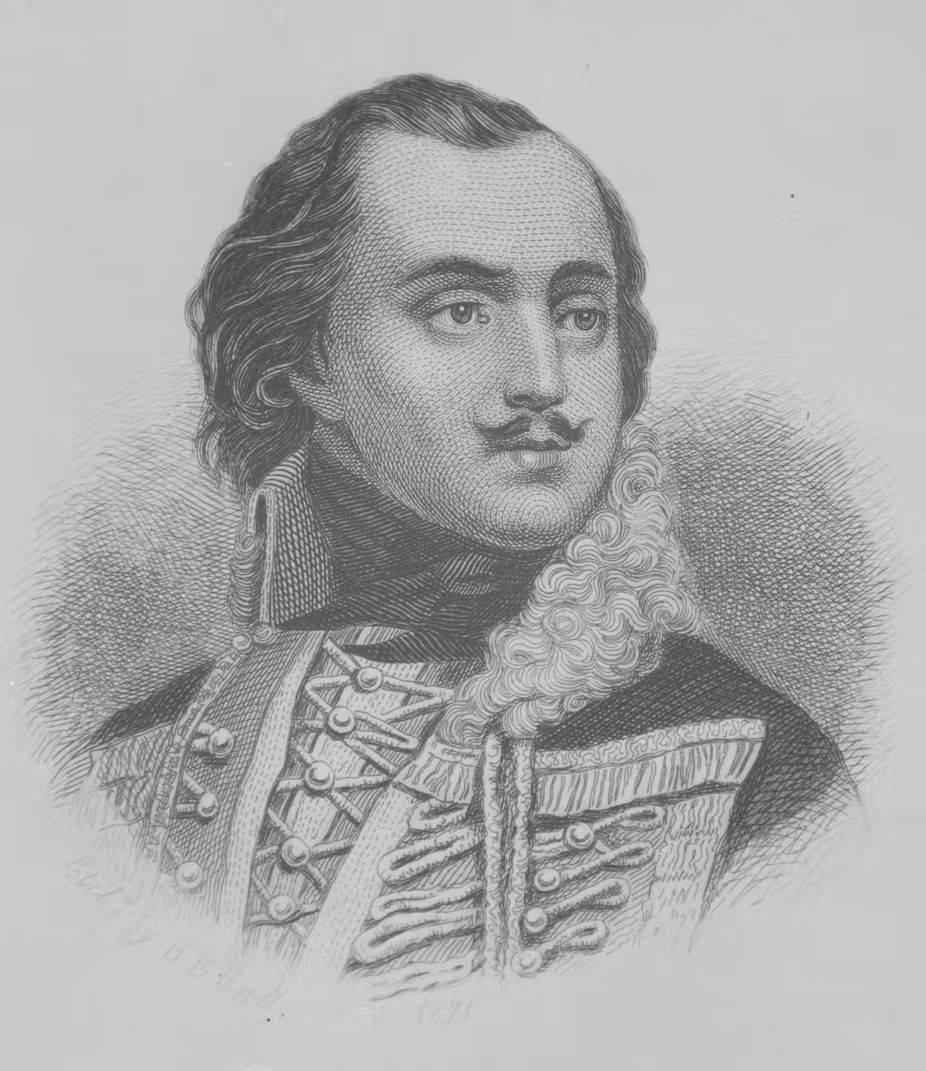
Adventurous identities: intersex soldiers and cross-dressing women at war
Reading time: 4 minutes
Pulaski is a hero of the struggles for Polish and American independence. He is credited with saving George Washington’s life in battle and with establishing the first American cavalry force. According to the documentary, DNA testing has confirmed a female-appearing skeleton is indeed Pulaski’s. This new evidence is the first hint that Pulaski – who seems to have lived as male from childhood – was anything other than a cisgendered man.
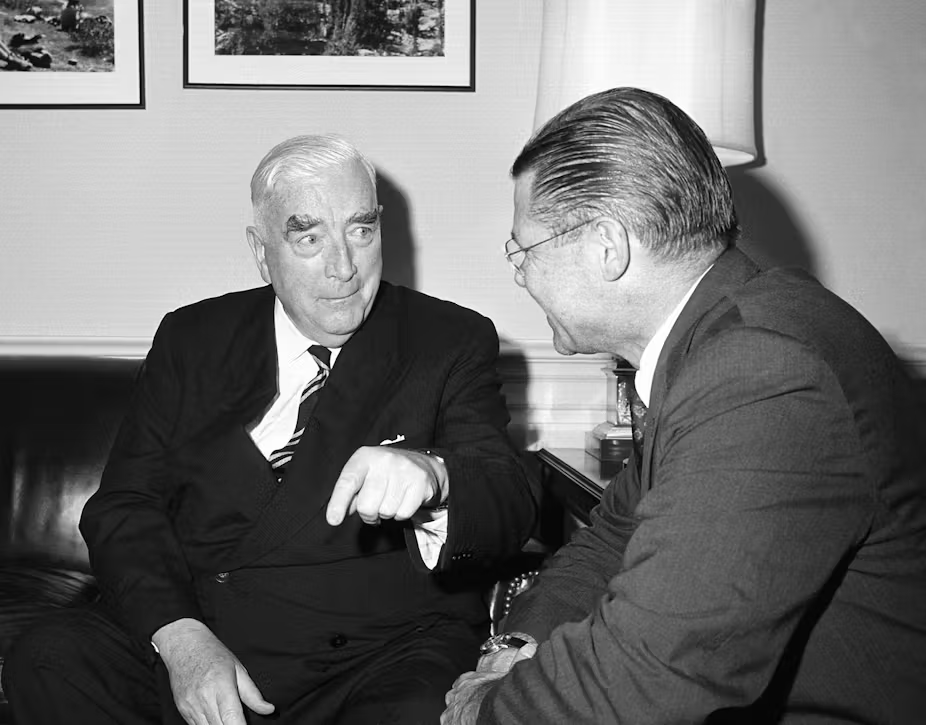
Menzies’ call on Vietnam changed Australia’s course
Reading time: 4 minutes
In 1965, Australia was involved in two crises in Southeast Asia, one in Vietnam and the other in Indonesia. The connection between the two was vital to Menzies’ decision to increase our involvement in Vietnam. Having already committed a battalion to Malaysia to support resistance to the Konfrontasi policy of Indonesia’s Sukarno government, the logical next step for Menzies was to look to Vietnam. He did this with the support of his Cold War warrior and minister for external affairs, Paul Hasluck. They decided to send an Australian battalion to South Vietnam, partly to ensure continued American interest in the region.

The Thucydides Trap: Vital lessons from ancient Greece for China and the US … or a load of old claptrap?
Reading time: 5 minutes
The so-called Thucydides Trap has become a staple of foreign policy commentary over the past decade or so, regularly invoked to frame the escalating rivalry between the United States and China.
Coined by political scientist Graham Allison — first in a 2012 Financial Times article and later developed in his 2017 book “Destined for War” — the phrase refers to a line from the ancient Greek historian Thucydides, who wrote in his “History of the Peloponnesian War,” “It was the rise of Athens and the fear that this instilled in Sparta that made war inevitable.”

Call for Papers – Fighting to the Finish: Australia in 1945 – Strategy, Victory and Legacy Conference
Military History & Heritage Victoria is excited to announce the Call for Papers for our next conference – Fighting to the Finish: Australia in 1945 – Strategy, Victory and Legacy – which will be held on 11th October 2025 in Melbourne. History Guild is proud to support this conference. Keynote will be delivered by Emeritus […]

Trump Administration’s Attempts to Curtail Academic Freedom
History Guild supports the Australian Historical Association’s Statement in Response to the Trump Administration’s Attempts to Curtail Academic Freedom. The Australian Historical Association stands in solidarity with our colleagues in the United States of America, where President Donald Trump is attempting far-reaching political interference in the work of historians and museum sector professionals. In his […]
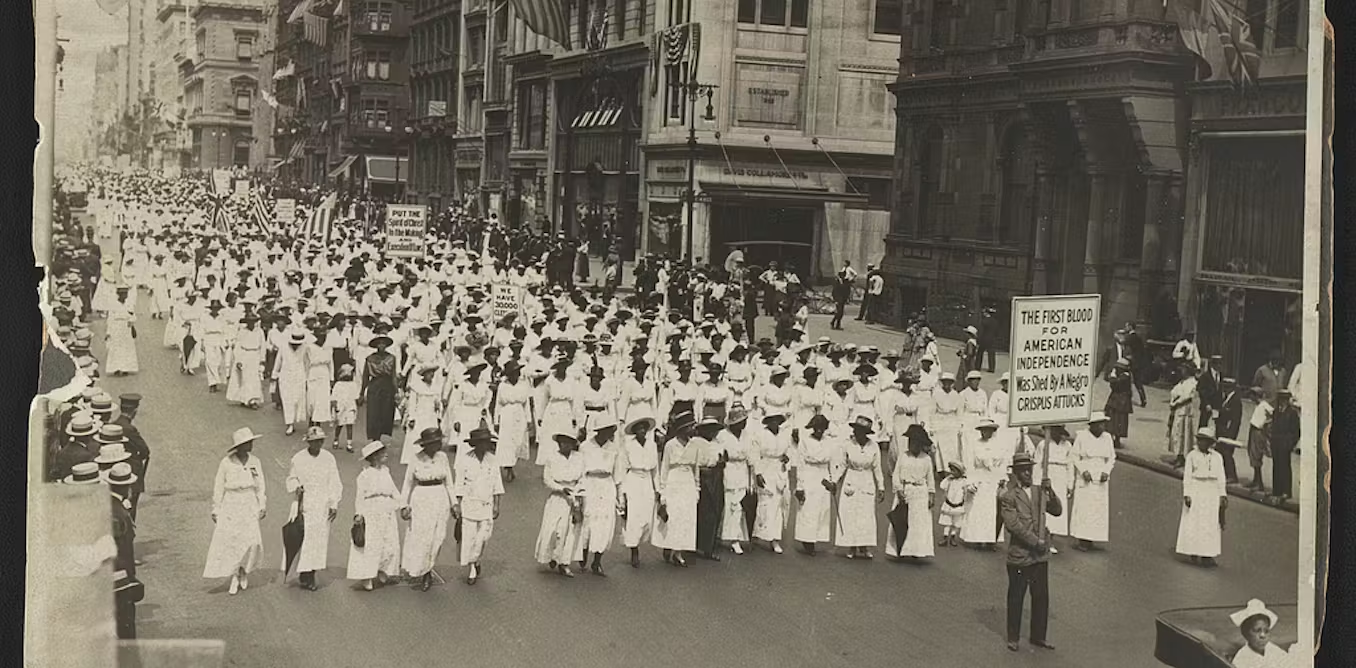
What is suffragette white? The colour has a 110-year history as a protest tool
Reading time: 7 minutes
“Suffragette white” is proving to be a popular fashion choice for women who want to make a statement. Most recently, former Australia Post CEO Christine Holgate donned a white jacket in her appearance before a Senate inquiry into her controversial departure from the organisation.
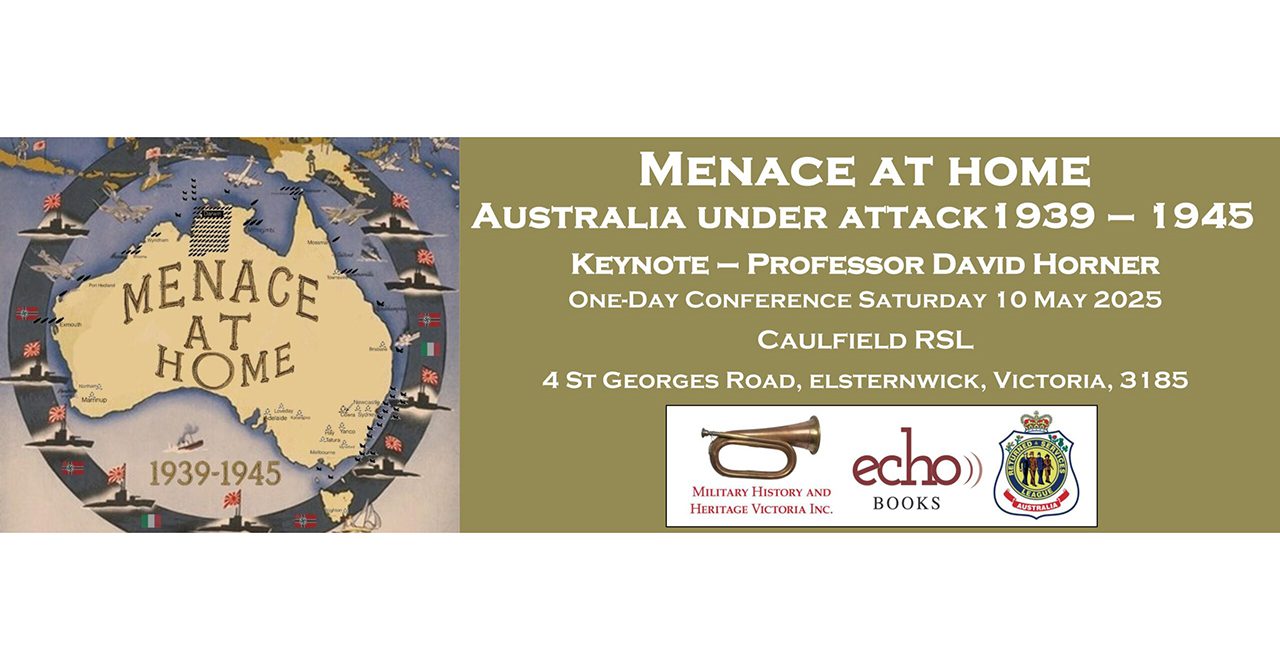
Menace at Home – Australia Under Attack 1939-1945 Conference – Melbourne 10th May
10th May 2025, from 9:00 am to 5:00 pm. This one-day conference will explore the numerous ways Australia was attacked during the Second World War. Between 1939 and 1945, over 1,800 enemy air raids targeted northern Australia, while the nation’s coastal waters were patrolled by raiders, sea mines, and submarines. People of various backgrounds—friends, foes, […]
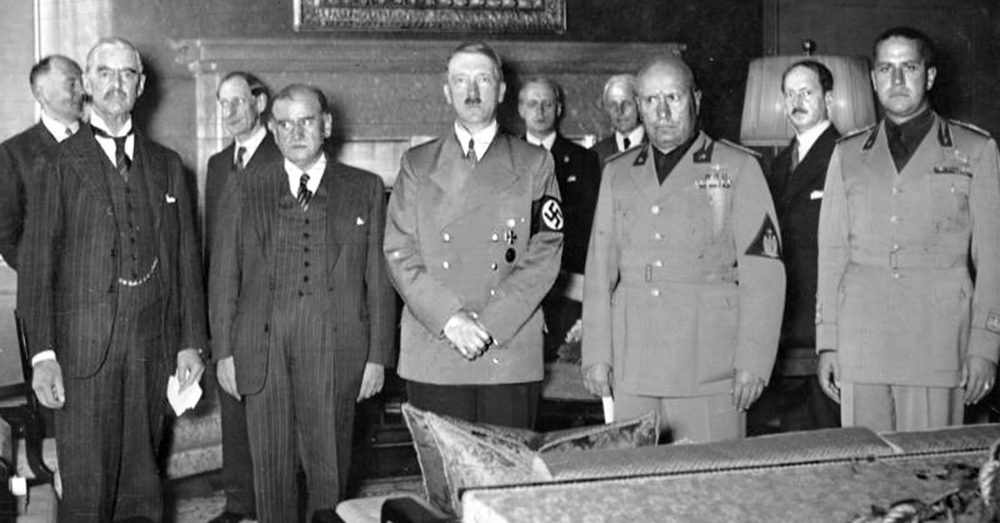
Ukraine isn’t invited to its own peace talks. History is full of such examples – and the results are devastating
Reading time: 7 minutes
Ukraine has not been invited to a key meeting between American and Russian officials in Saudi Arabia this week to decide what peace in the country might look like.
Ukrainian President Volodymyr Zelensky said Ukraine will “never accept” any decisions in talks without its participation to end Russia’s three-year war in the country.
A decision to negotiate the sovereignty of Ukrainians without them – as well as US President Donald Trump’s blatantly extortionate attempt to claim half of Ukraine’s rare mineral wealth as the price for ongoing US support – reveals a lot about how Trump sees Ukraine and Europe.

What is Environmental History?
Origins Environmental history is a rather new discipline that came into being during the 1960’s and 1970’s. It was a direct consequence of the growing awareness of worldwide environmental problems such as pollution of water and air by pesticides, depletion of the ozone layer and the enhanced greenhouse effect caused by human activity. In this development […]
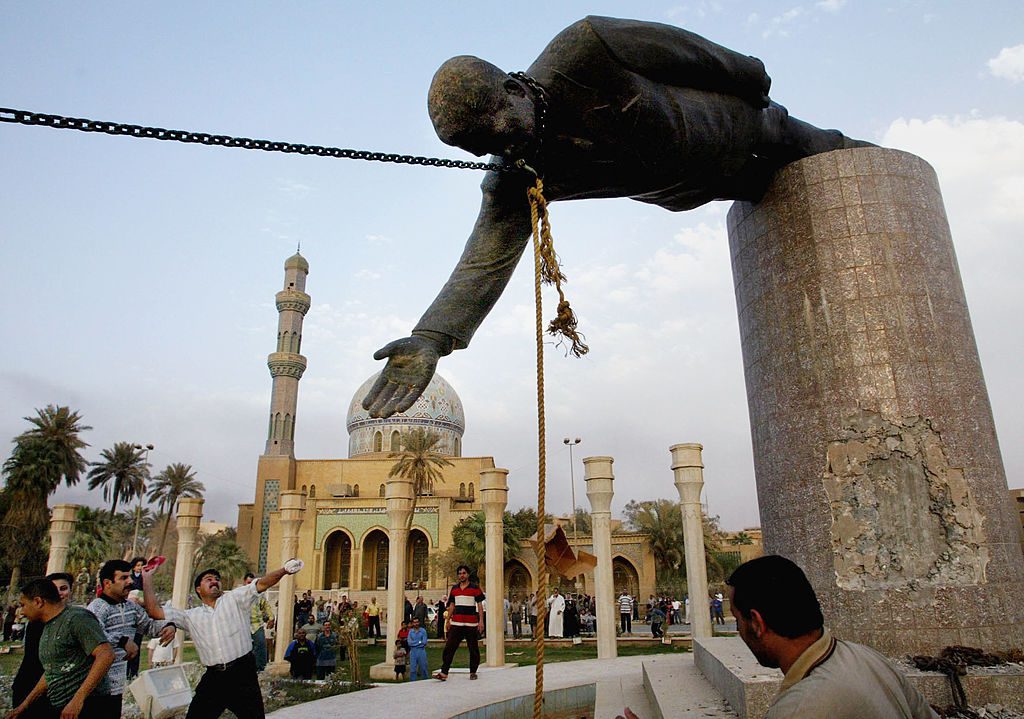
The enduring lessons of the Iraq War
Reading time: 7 minutes
The US-led overthrow of the government of Saddam Hussein in Iraq marked the beginning of a series of events that reshaped the strategic environment of the Middle East. It also had enduring consequences for Iraqi society, and for Arab societies and Arab governments beyond its borders. There was no reason to doubt that the military defeat of Iraq could be achieved. But there were larger questions involved—including what a successor regime should look like; whether such a regime, initially established and maintained under US protection, would prove sustainable; and if not, what the consequences would be.
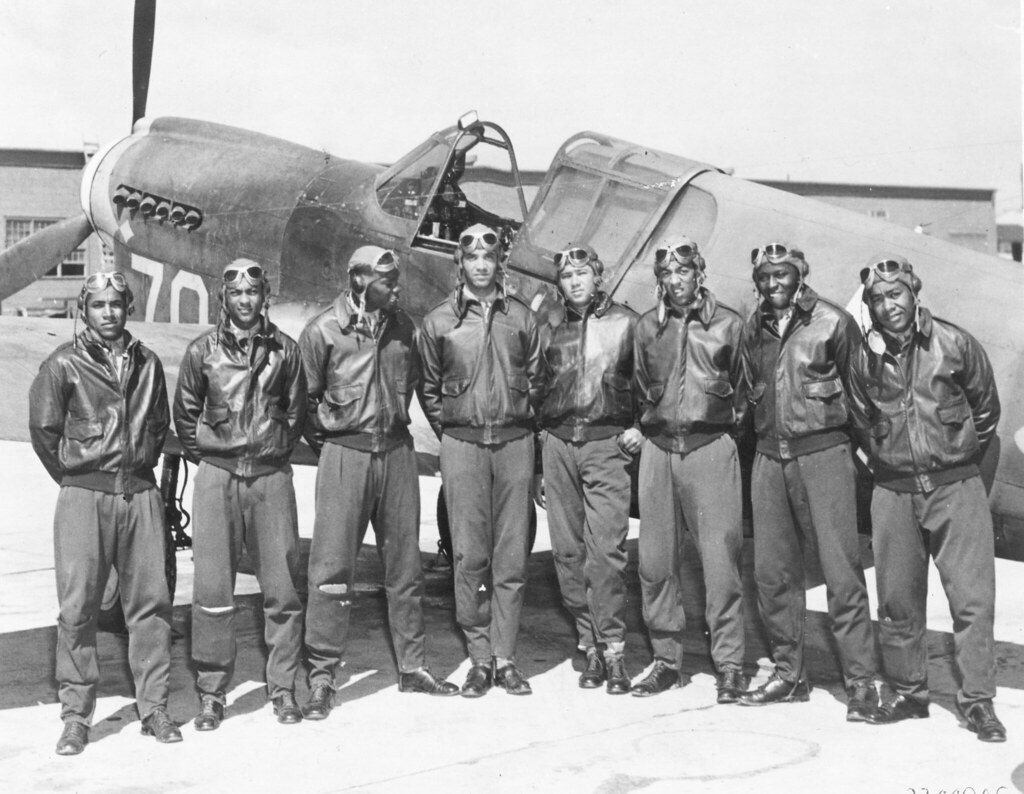
Where are All the Medals? Racial Bias in Military Bravery Awards
Reading time: 7 minutes
For service or for gallantry, almost all modern militaries – especially Western militaries, have issued war medals for a very long time.
But who decides who gets these medals and awards, and how?
Recent examination has brought to light a distinct lack of minority soldiers within Western militaries winning bravery awards, across many different countries, all throughout the 20th century and beyond.
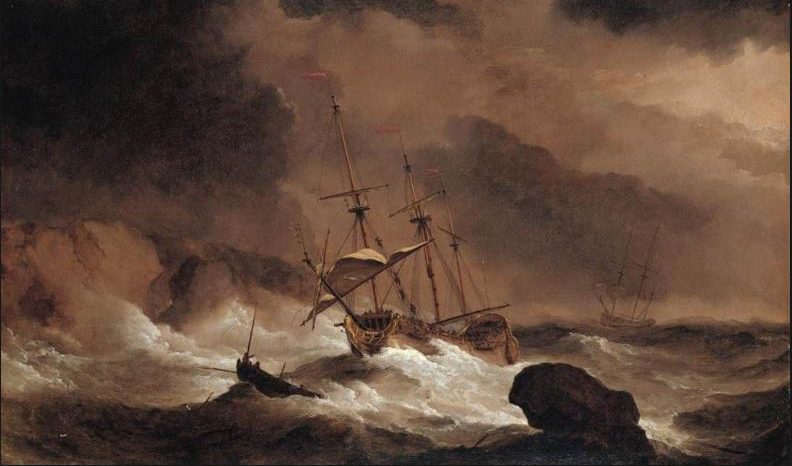
David Grann’s The Wager: a drama of murder, insurrection, escape and an empire at sea
Reading time: 7 minutes
In 1740, a modest squadron of ships from Britain’s Royal Navy departed Portsmouth in pursuit of an immoderate treasure. Commodore George Anson, who led the flotilla, was tasked with sailing south and west across the Atlantic Ocean, rounding Cape Horn, and interfering in imperial Spain’s lucrative trans-Pacific trade. But even before the mission got underway, its prospects of success appeared dubious. A sizeable proportion of the roughly 2,000 sailors and non-seamen under Anson’s command lacked suitable experience. Worse still was the fact that so many of them took up their posts already in a parlous state of health. It is little surprise, therefore, that Anson’s “famous” voyage around the world proved to be, for most of the men who undertook it, a journey of no return.

The first photograph of the entire globe: 50 years on, Blue Marble still inspires
Reading time: 6 minutes
December 7 marks the 50-year anniversary of the Blue Marble photograph. The crew of NASA’s Apollo 17 spacecraft – the last manned mission to the Moon – took a photograph of Earth and changed the way we visualised our planet forever. Taken with a Hasselblad film camera, it was the first photograph taken of the whole round Earth and is believed to be the most reproduced image of all time. Up until this point, our view of ourselves had been disconnected and fragmented: there was no way to visualise the planet in its entirety.
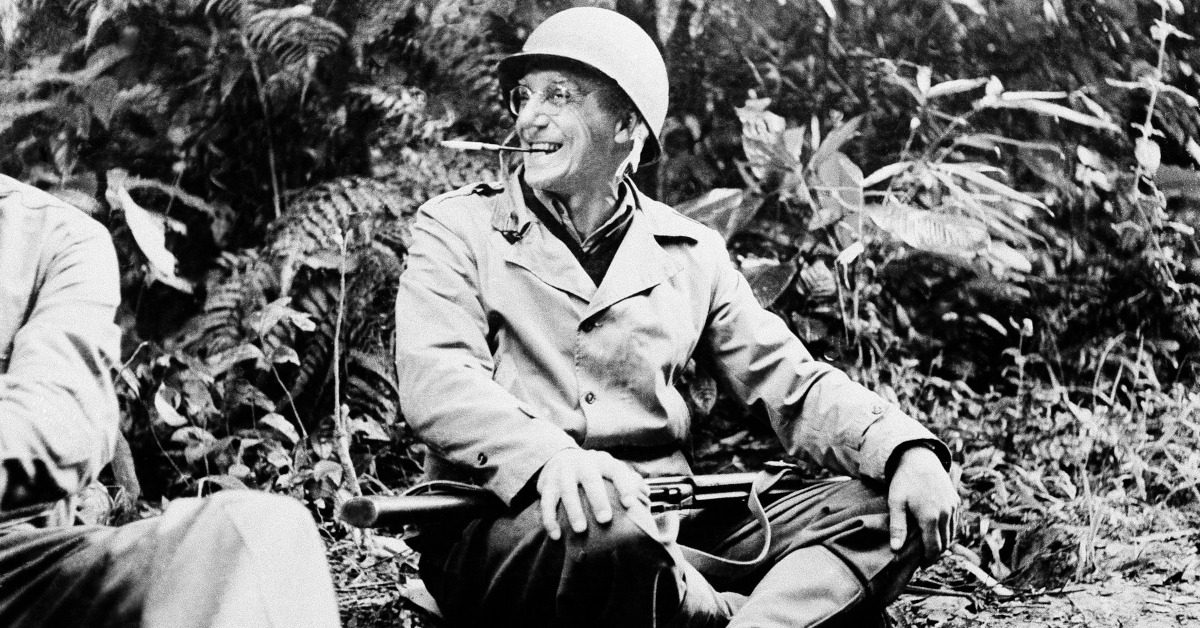
“Vinegar Joe” Stilwell: the Story of America’s Man on the Ground in WW2 China
Reading time: 12 minutes
As famed as American commanders like Dwight Eisenhower and Douglas MacArthur are today, one of the most important is the relatively little-known Joseph Stilwell.
He was one of its leading experts on a country that was to play a pivotal role in the history not just of the war, but of the 20th century: China.



